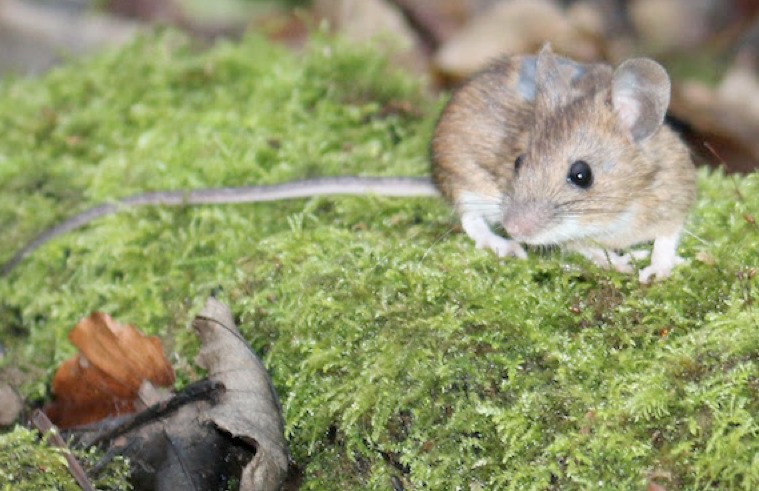New NC3Rs grant: Development, validation and application of enhanced-welfare technology for wild small mammal research
Wild small mammals (mice, voles and shrews) are studied in many research fields, including ecology, demography and conservation. Many studies of these animals rely on a traditional capture-mark-recapture approach, which involves repeated live-trapping. However, live-trapping is indiscriminate, leading to many captures that are not strictly necessary for scientific purposes, for example involving non-target species or recaptures. Moreover, live-trapping is suboptimal for animal welfare, as time spent in traps can cause weight loss and carries a risk of mortality.
In this project funded by the NC3Rs, Dr Sarah Knowles and Dr Curt Lamberth at RVC, in collaboration with Prof. Tim Coulson at the University of Oxford will develop, optimise and apply two novel devices based on PIT-tag technology that aim to reduce the number of animals used in this type of research, refine their experience, and enable higher quality scientific data to be collected from the animals involved.
The first is an intelligent trap, which will allow researchers to selectively trap only those individuals required according to both body mass and ID. This will allow researchers to exclude tagged animals that are not required for research questions, and animals outside the weight range of their target species. The second is a spatial logger, which records the presence of a PIT tagged animal when it passes a detector. These loggers have low power consumption and can be left in the field for many weeks, collecting high resolution data on tagged individual whereabouts without the need for repeated trapping, radio-tracking or human interference. The researchers will apply both these devices in their long-term study of wood mice, to quantify the welfare improvements they permit, and demonstrate their scientific value by using them to ask a novel scientific question about gut microbiome ecology, that has been out of reach with standard techniques – that is, to what extent does social contact (in this case, sharing of nest sites) permit transmission of gut microbes in a wild mammal?

You may also be interested in:
-
New RVC research reveals correlation between livelihoods in the Bolivian Amazon and perceptions of jaguars
New research from the Royal Veterinary College (RVC), looking at how livelihoods influence views …

-(CA-ACEAA).jpg?v=638981101827551969)